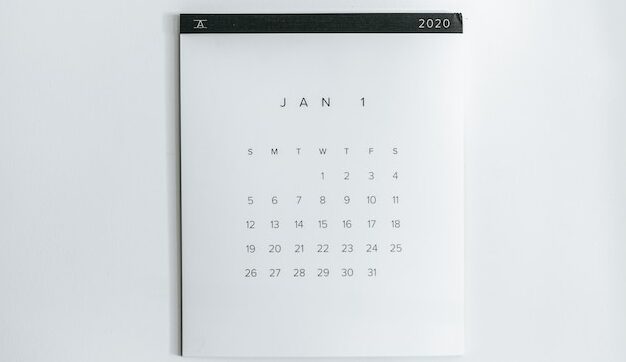The concept of the year 1 is an arbitrary one that has evolved over time, and there are several different calendars that mark the beginning of the year at different times. The most widely used calendar in the world today is the Gregorian calendar, which was introduced by Pope Gregory XIII in 1582. However, the year 1 is not based on the Gregorian calendar, but rather on the Julian calendar, which was introduced by Julius Caesar in 45 BC.

According to the Julian calendar, the year 1 was believed to have started on January 1st, 1 BC. However, it is now widely believed that there was a miscalculation in the calendar, and that the actual birth of Jesus Christ occurred several years earlier than this. This means that the year 1 likely did not begin on January 1st, but rather several years earlier.
The birth of Jesus Christ is considered by many to be the most significant event in human history, and the year in which it occurred has been used as a reference point for the numbering of years in many different calendars. However, there is no consensus on the exact year in which Jesus was born, and different historians and scholars have proposed different dates.
One of the most widely accepted theories is that Jesus was born in the year 4 BC. This theory is based on a number of different historical sources, including the writings of Josephus, a Jewish historian who lived in the first century AD. According to Josephus, Herod the Great, who was the king of Judea at the time, died in the year 4 BC. This means that Jesus must have been born before this date, as Herod was still alive when he was born.
Other historians have proposed different dates for the birth of Jesus, based on a variety of different sources. Some have argued that he was born as early as 6 BC, while others have suggested that he was born as late as 2 BC. However, the theory that he was born in 4 BC is generally considered to be the most likely.
It is worth noting that the concept of the year 1 is largely a Western one, and is based on the Christian calendar. Other cultures and religions have their own calendars and ways of measuring time, which may differ significantly from the Western calendar. For example, the Islamic calendar is based on the lunar cycle, and does not have a fixed start date for the year.
In conclusion, the exact date on which the year 1 began is a matter of some debate, as it is tied to the birth of Jesus Christ, which is itself a subject of historical controversy. While the Julian calendar marks the year 1 as beginning on January 1st, 1 BC, it is likely that Jesus was actually born several years earlier than this, meaning that the year 1 began at some point before the start of the Julian calendar. Regardless of the exact date, the year 1 remains an important reference point in Western history, marking the beginning of the Christian era and the birth of one of the most influential figures in human history.
